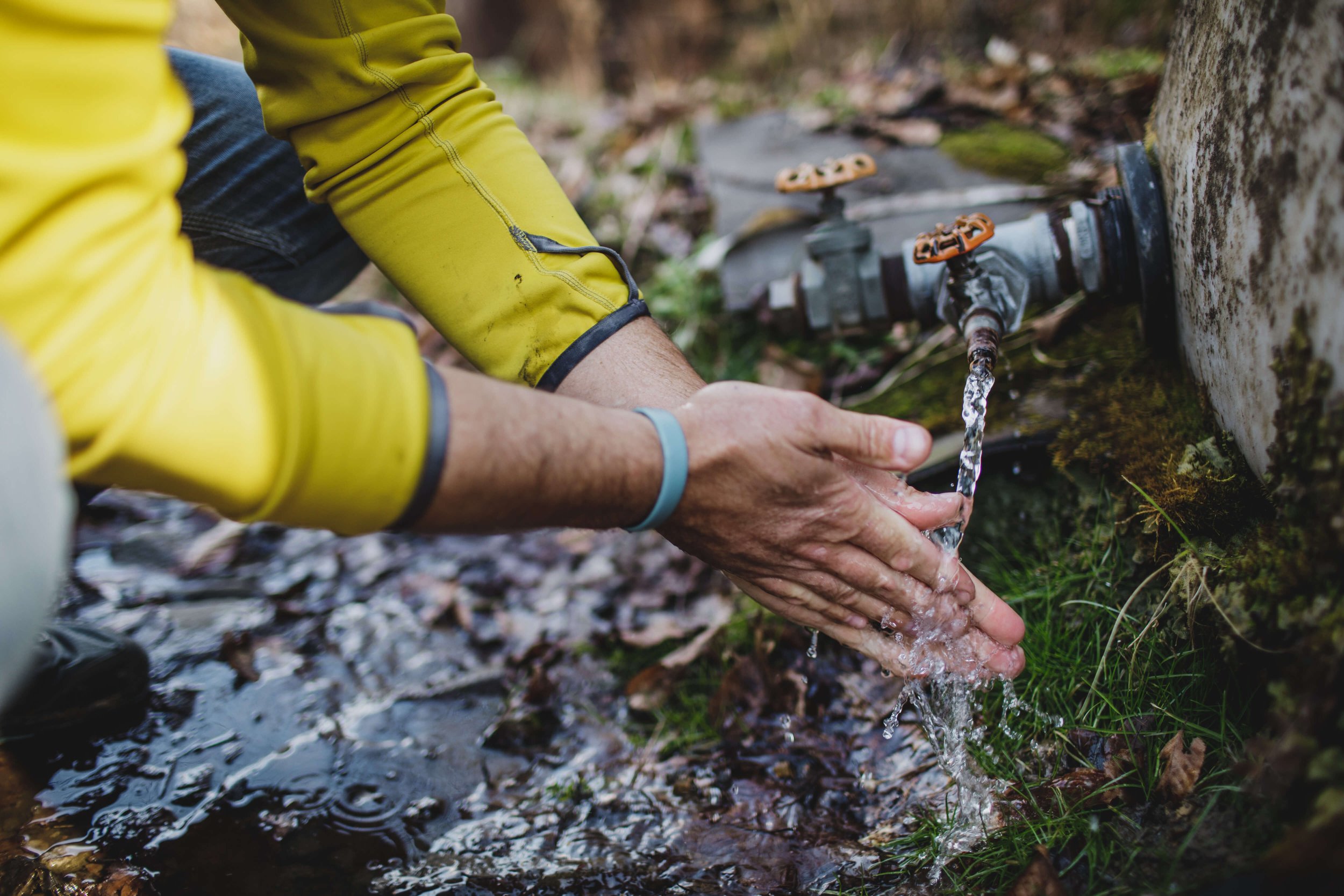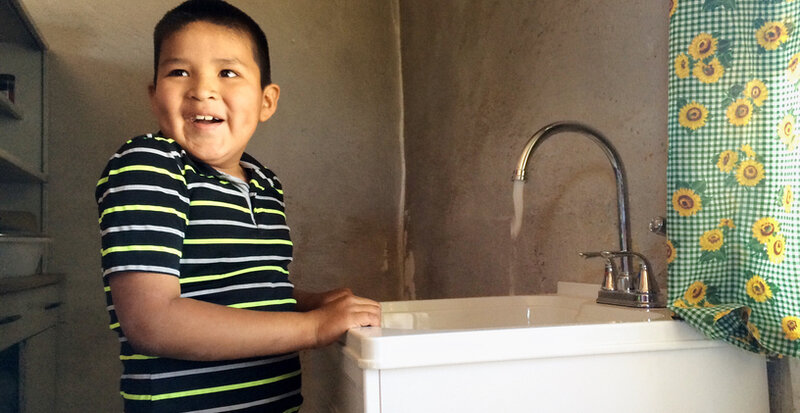
The Cohort
The Water Access Innovation Cohort (WAIC) is a community-driven effort to improve understanding of the decentralized water access challenges communities face across the US, the solutions being developed, and the changes policymakers can and should implement to improve the impact, sustainability, and scalability of those innovations. This research project is a follow up and complement to the successful Decentralized Wastewater Innovation Cohort.
WAIC Members
WAIC Technical Advisory Board
The WAIC is supported by a robust Technical Advisory Board comprised of industry leaders and passionate organizations.
Taking Action
Developed through community partnerships across the country, the WAIC identified four key policy opportunities for federal agency consideration.
WAIC Cohort Pillars
The WAIC focuses on four strategic focus areas
Alternative / Adapted Technologies
The Cohort promotes the development and regulation of alternative water treatment technologies that are more affordable, non-proprietary, fundable, and robust enough to serve the wide range of contexts within the water access space.
Funding
The Cohort seeks to understand the current and future funding landscape within the water access space (including federal, state, and local funding sources and pending legislation supporting water access solutions) and to help agencies ensure that those funds make it to the communities who need them most.
Public Health
The Cohort seeks to elevate and understand public health outcomes and benefits to providing universal access to drinking water in the United States. Data on the public health and economic burden needs to be made more widely available and used as a tool to assess risk and make a case for expanded policies and funding for water access.
Equity
The Cohort seeks to understand the equity gaps that exist in the water access space. Providing universal access to drinking water by reaching the 2.2 million Americans who have historically been excluded from access will bridge a major equity gap that has existed since the founding of this country. Access to safe, affordable drinking water is a human right. Closing this gap will be a step towards correcting the history of systemic marginalization of communities due to race, mental health, rurality, and other marginalizing factors.
Private wells and small, community systems make up an estimated 15 - 20% of all water systems nationwide, but for decades these systems have lacked visibility, adequate funding, consistent regulation, and incentives for technological innovation.
Get in Touch
The WAIC will develop actionable policy recommendations to accelerate effective, decentralized water access solutions and close the gap for the over 2 million Americans without access to basic plumbing (Closing the Water Access Gap in the United States).
Sign the Pledge
I believe every American has a human right to clean, running water.
I believe in an America where every family can clean their hands, bodies and homes.
I believe American families shouldn’t have to choose between buying clean water or putting food on the table.
I believe that tribal nations, rural communities and people of color deserve running water.
I believe young Americans shouldn’t have to drive to truck stops to use the bathroom or take a shower
Give clean, running water.
















